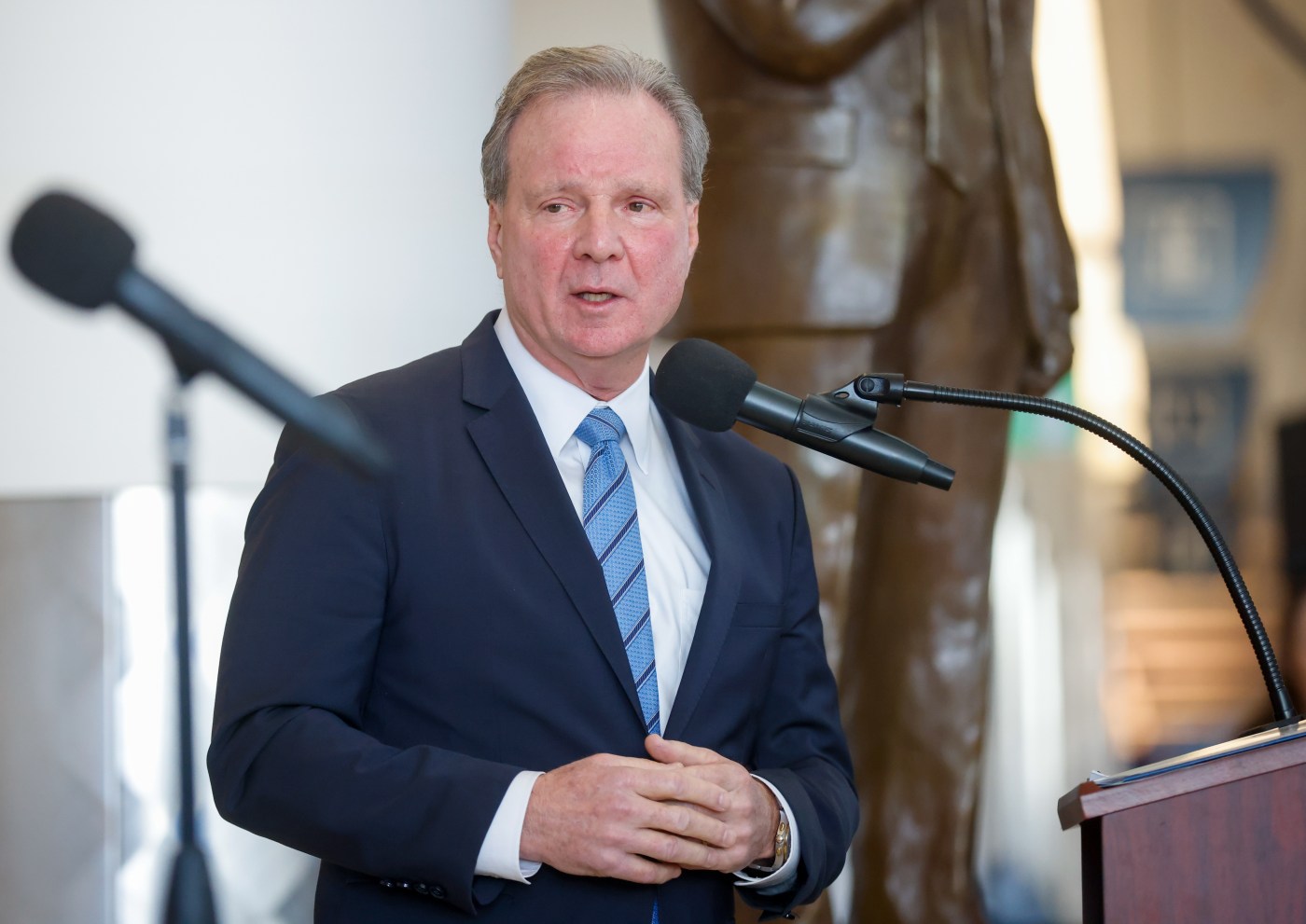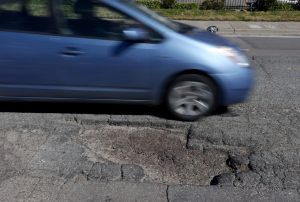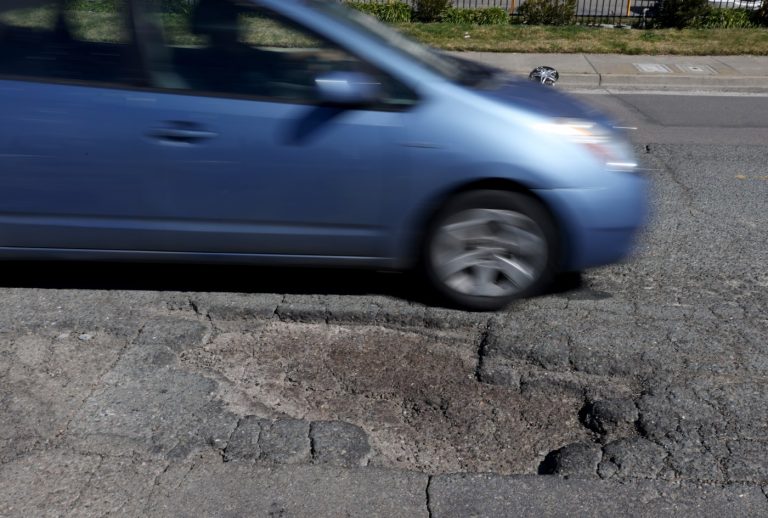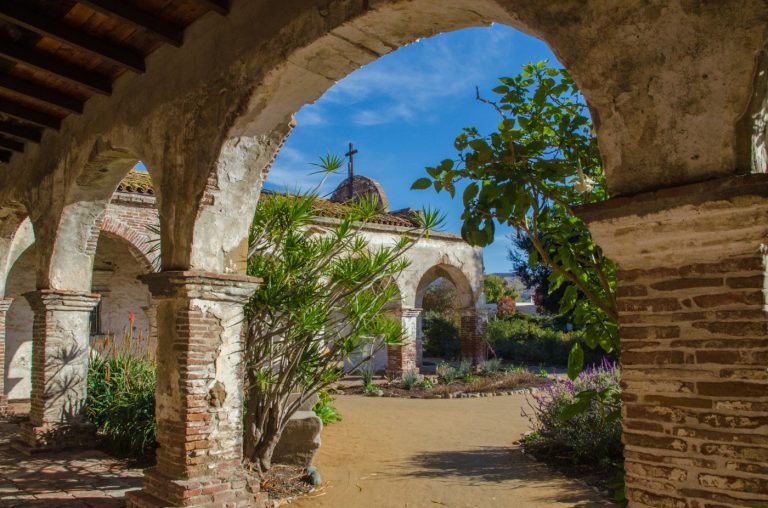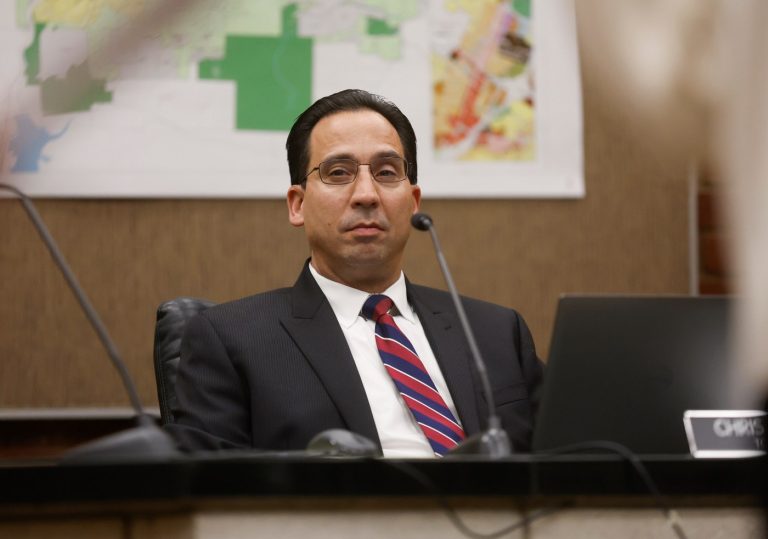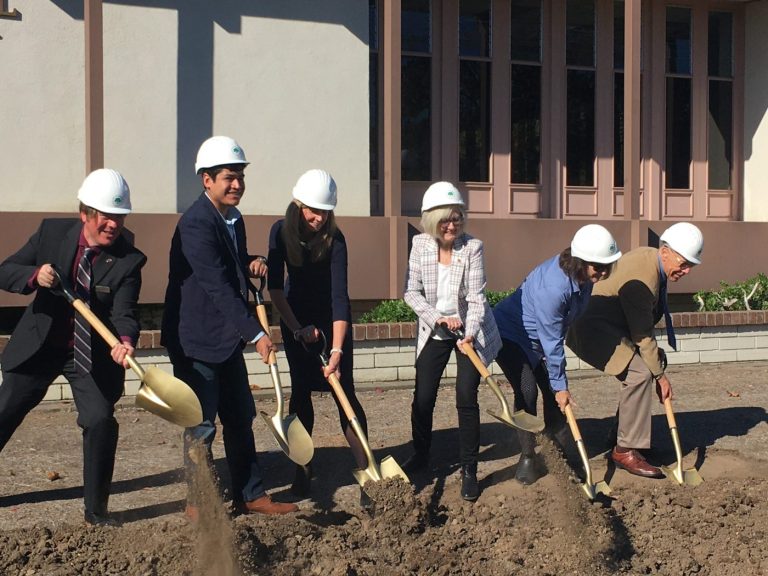Student homelessness has risen to pre-pandemic levels, after years of decline. Now, a San Jose legislator has introduced a California bill to provide unhoused high school seniors with a guaranteed income to help them enroll in college or enter the workforce.
A recent data analysis from the Public Policy Institute of California found that after three years of declines, the number of K-12 students experiencing homelessness in the state increased for the 2022-23 school year, with at least 246,000 students having experienced homelessness at some point.
To combat the impact on those students, State Sen. Dave Cortese (D-San Jose) introduced SB 333 in early 2023. Under the proposed statewide guaranteed income pilot program – California Success, Opportunity and Academic Resilience (SOAR) – nearly 15,000 high school seniors experiencing homelessness will receive direct cash assistance.
Cortese said the bill will help overcome a system that often acts as a “conveyor belt” from child to adult homelessness.
“The minute they hand you that diploma, all of your federal benefits end,” Cortese said. “For every other non-homeless student, this is a day of total joy and celebration…These students – they have no home to go to.”
School districts support students experiencing homelessness with funding and services under the McKinney-Vento Act, but the law only applies to currently enrolled students – meaning students will not receive support once they graduate or leave high school.
Cortese explained that federal and state law provides extensive financial aid to homeless youth enrolled in college, but the aid doesn’t become available until the student enters school in the fall.
“As a result, many young people become subject to a phenomenon known as ‘summer melt,’ where high school graduates are accepted into college and intend to enroll, but ultimately do not,” Cortese’s office said in a February 2023 press release.
The bill would mimic a $3 million county pilot program Cortese created in July 2023 with Susan Ellenberg, president of the Santa Clara County board of supervisors. That program will launch this summer and offer monthly stipends of $1,200 to 50 homeless students to help them transition into college or a career. Grant recipients will also have financial and peer mentors for additional support.
Cortese has prioritized support and funding for homeless youth since he was a Santa Clara County supervisor. In 2020, he helped create the county’s first-in-the-nation universal basic income program for foster youth. The program provided $1,000 monthly payments to foster youth between 21 to 24 years old who struggled to find housing and jobs.
Cortese said his dedication to funding guaranteed income programs comes from his belief that people experiencing poverty should be able to make their own decisions around how they spend their money.
“Those are the same decisions you and I make every day. But for whatever reason, the social service system was built around this idea that the government knows better than people themselves as to how to spend their money and what needs they should meet,” he said. “Guaranteed income strips all that away. It strips away the bureaucracy.”
Tony Thurmond, the state superintendent of public instruction, sponsored Cortese’s legislation last week. If passed, the bill would give unhoused students exiting high school $1,000 a month for four months to help them transition into adulthood.
SB 333 would require approximately $60 million for full funding – a large price tag when the state is facing a $38 billion budget deficit.
Related Articles
San Jose: Affordable housing project with 64 units for homeless people opens downtown
Walters: Newsom critical of California’s local response to homelessness. Look in the mirror
As budget cuts loom, Bay Area big city mayors urge Newsom to spare homelessness funding
3 California boys charged with assault after homeless man is beaten with poles and a tripod
Could the Supreme Court make it easier to clear homeless camps?
Cortese said while the bill has experienced very little policy opposition, the financial aspect poses the biggest threat to getting it passed.
“The problem with a $38 billion deficit is there’s not a lot of room for new programs,” he said. “It’s more about cutting right now.”
Gov. Gavin Newsom is expected to release his revised budget May 15, which will reveal if the state will have the money to fund SB 333. Cortese said even if he can’t get the bill through this year, he’s determined to stick with it.
“I’ll immediately reintroduce the bill again because I think the political support is there, it’s just a matter of hitting the right budget cycle,” he said. “Once … we successfully fund this program, I don’t think it will ever go away.”
